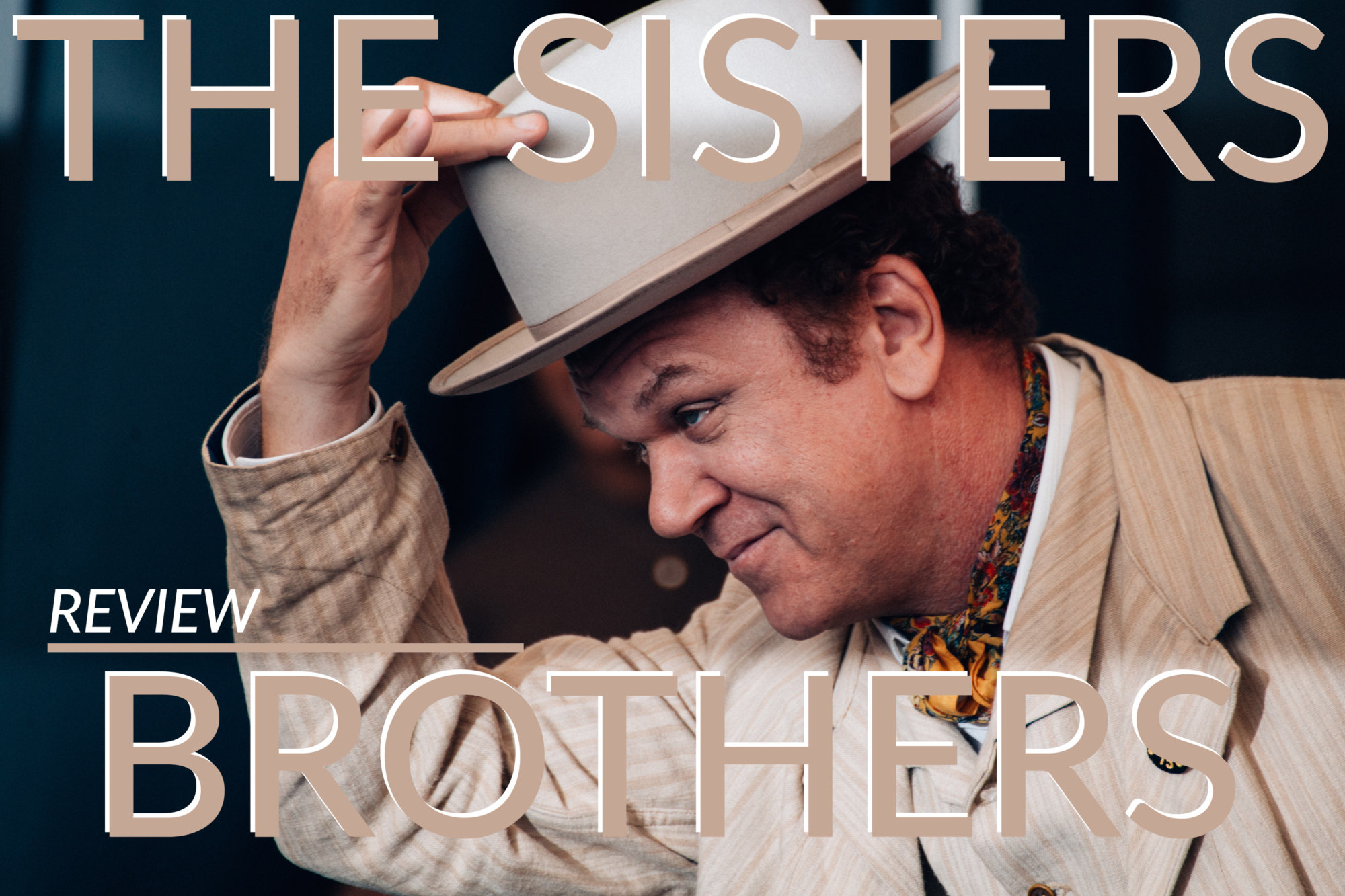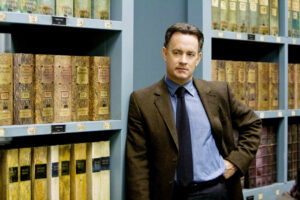An explosive beginning for the Paris-born director Jacques Audiard, winner of the Palm d’Or for “Dheepan,” with his first English-language film on four men, between the wild, wild West and the legendary California Gold Rush.
We saw the dark comedy “The Sisters Brothers” at its premiere in Venice and that’s our impression of it!
Title
“The Sisters Brothers”
Behind and in Front of the Camera
Forget Leone’s Spaghetti Western, the classic tales of war with the Indian tribes and everything in between.
As a director, Jacques Audiard doesn’t mean to rewrite a genre, but simply to look at it through the prism of his own personal style, shifting from the classic Singing Cowboy (a figure that, this year, we encounter in the anthological work of the Coen brothers, instead) as much as he takes distance from the ruthless outlaws of the grasslands.
The French-Greek composer Alexandre Desplat (“Harry Potter and The Deathly Hallows Pt. 1,” “The Shape of Water,” “Isle of Dogs“) also joined the heterogenic cast and crew, reuniting with Audiard after “A Prophet.”
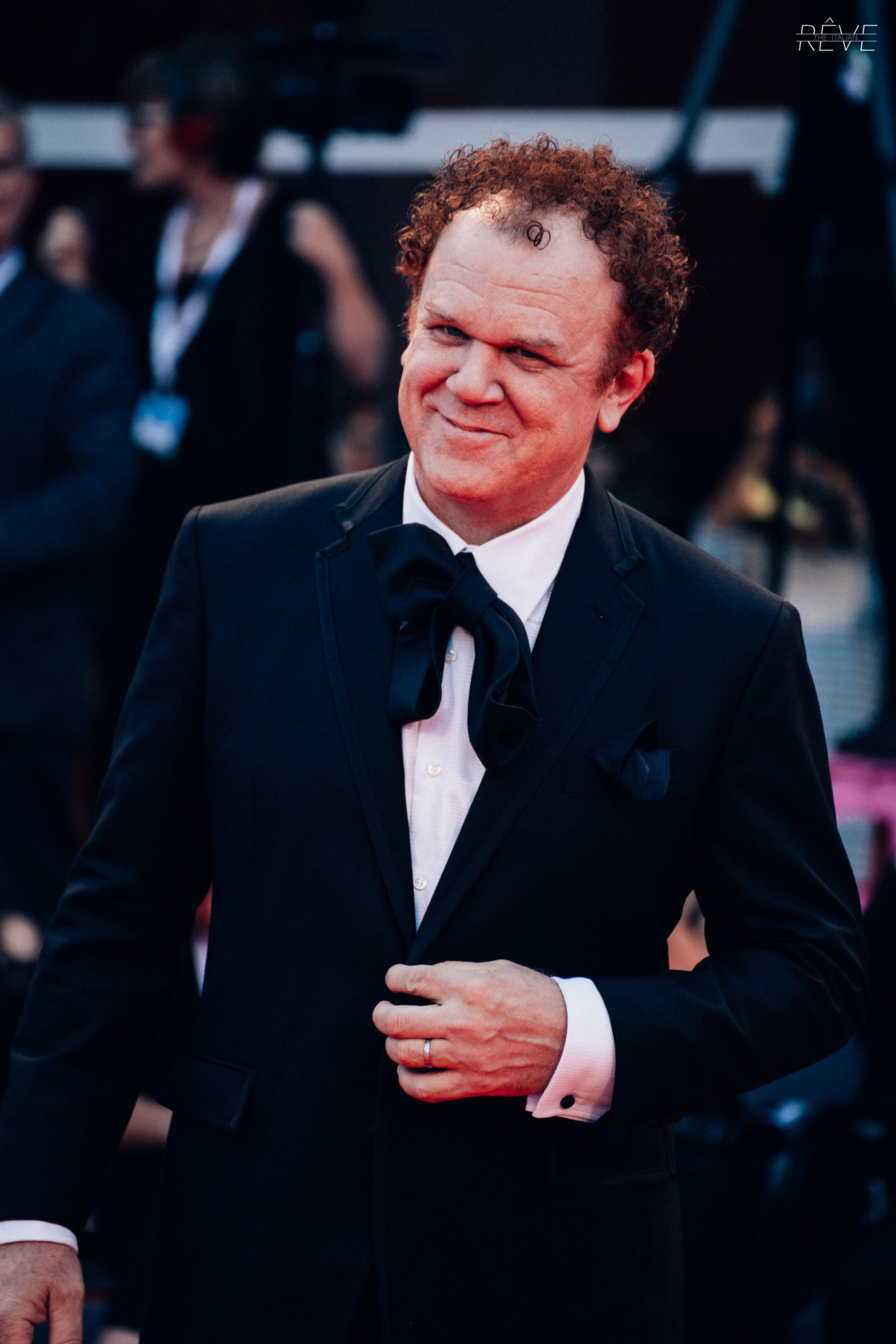
“The Sisters Brothers” presents a male-dominated cast (a coherent choice, since the movie aims to tell “a lot about masculinity and gender balance”) which is composed by Riz Ahmed, John C. Reilly (who is also one of the producers of the movie, together with his wife), Joaquin Phoenix and “Stronger” protagonist Jake Gyllenhaal.
Both Audiard and Reilly, though, carefully pointed out the high female presence in the crew.
Who’s Got the Typewriter:
“The Sisters Brothers” screenplay, co-written by Audiard himself together with Thomas Bidegain, was based on the California Gold Rush historical novel of the same name, written by Canadian Patrick DeWitt in 2011.
We could call it the movie of first times: apart from being his first movie in English, it’s also actually also for Audiard the first time that he works on somebody’s else idea, yet managing to give a beautiful interpretation of DeWitt’s story.
What to Know (ABSOLUTELY NO SPOILERS)
“The Sisters Brothers” is a story of unconventional depth, both on the themes and the characterization of the men who gravitate around the Gold Rush and the Wild West lifestyle, and that looks at a classical genre from an unconventional point of view.
1851, Oregon City.
In the beginning, we make the acquaintance of two brothers, Eli and Charlie Sisters (played respectively by John C. Reilly and Joaquin Phoneix), hitmen for a living. The two of them leave for San Francisco, by order of the Commodore, to help the detective John Morris (Jake Gyllenhaal) to catch and kill the young prospector Hermann Kermit Warm (Riz Ahmed), who “like many many others” is hunting for gold and glory in the wild rivers of California. While John rides ahead of the Sisters, the audience follows the brothers’ path, especially Eli’s, through amazing landscapes and murders, deep into the wildest part of the California desert.
Looking at the characters from a close distance, we discover new traits of their personalities and new shades of the bonds they share, minute after minute into the story.

What You’ll Need
You ought to like such a classic genre, of course, but you might also need the will to look at it with a fresh pair of eyes: Audiard’s, in this case, who for the first time decided to face the challenges of the Wild West, but also Eli’s, who is definitely not your average assassin.
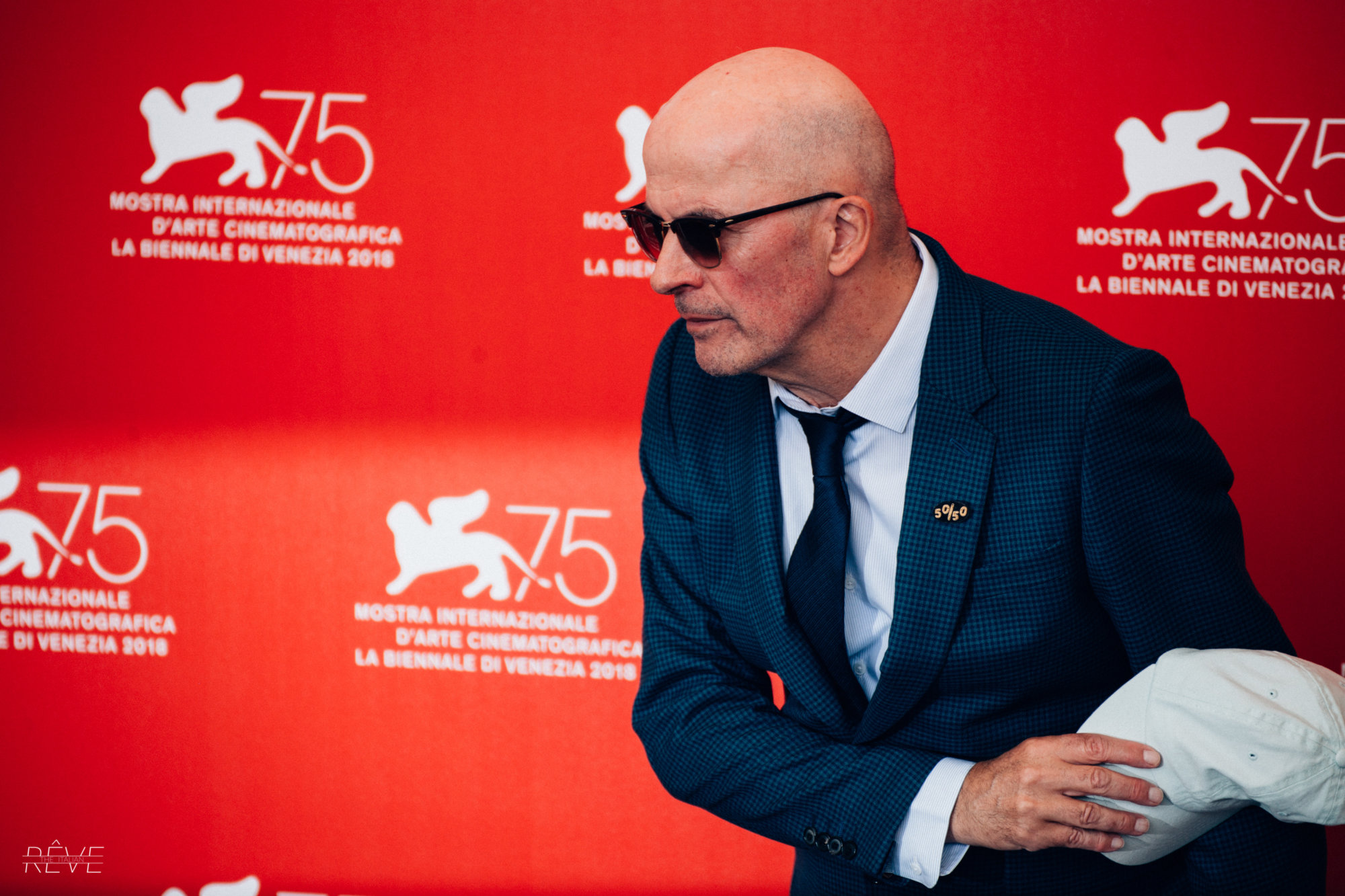
OREGON CITY, 1851.
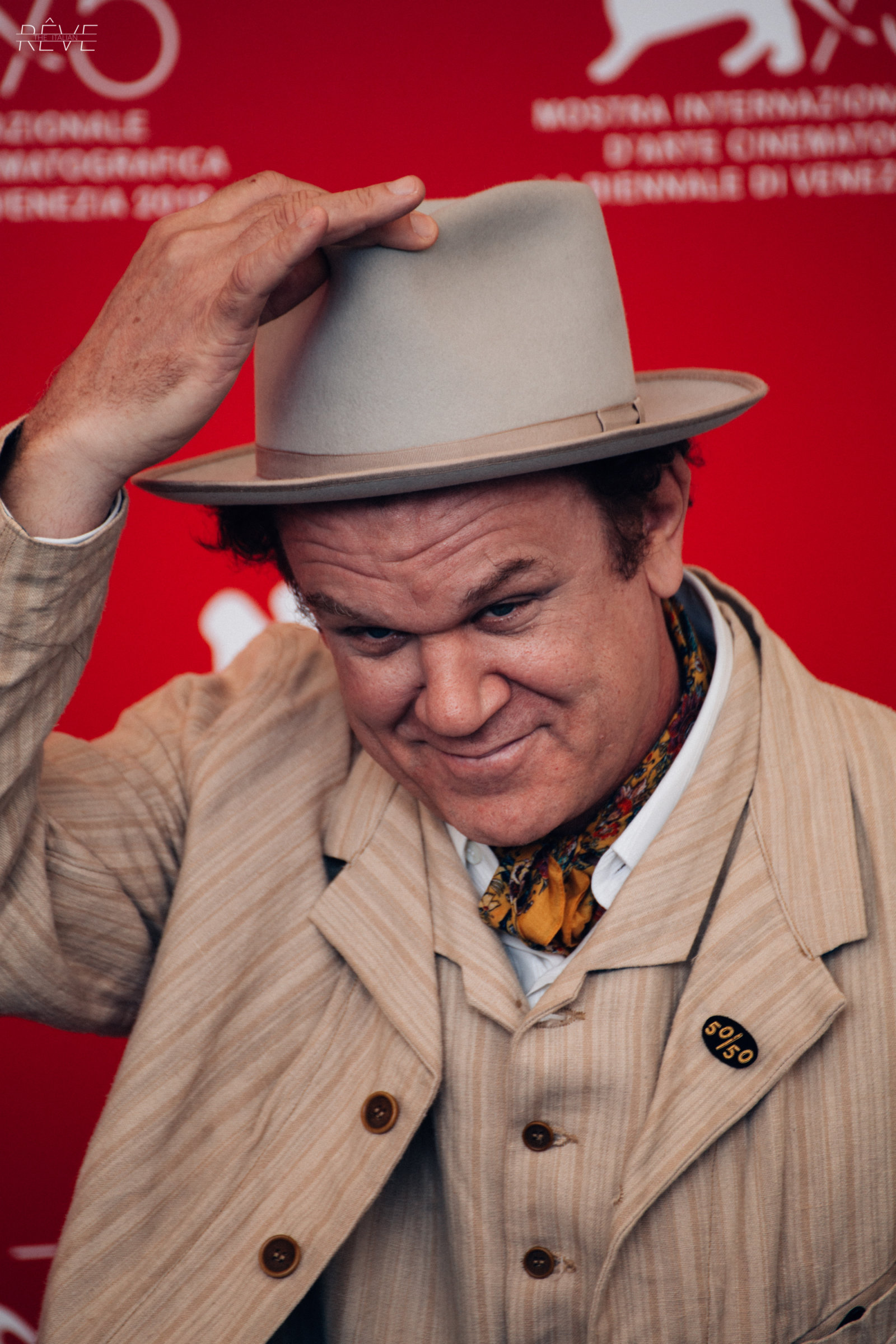
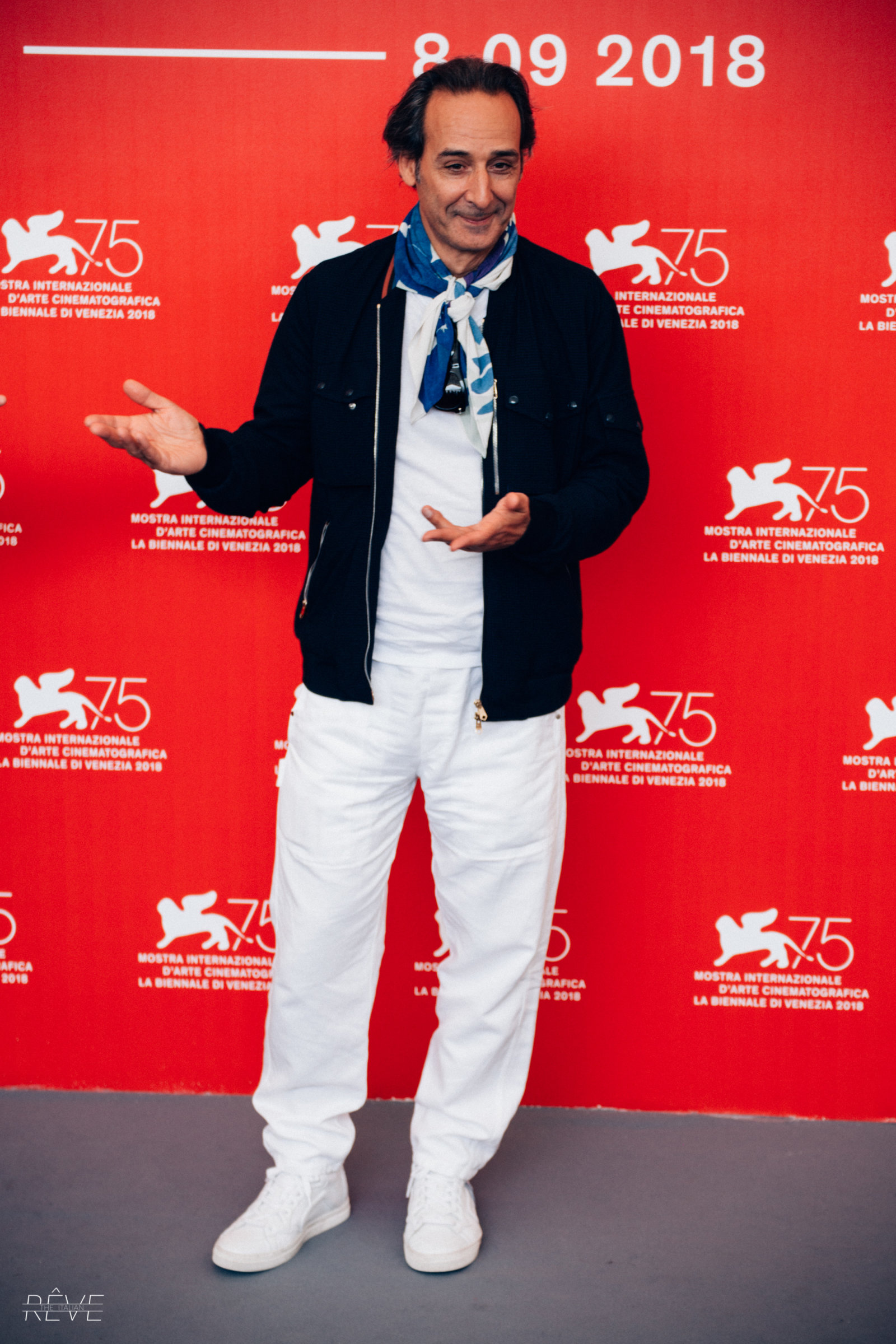
What They Say
John C. Reilly: “It was like building the tower of Babel, except we were going to Heaven: between the French and the Spanish, the Belgians, the Romanian, the Americans, the English, the Italians…The initial challenge of the film was to build bridges between all these places culturally, with the language, and it came together beautifully. I have to say, in this time of terrible division in the world, our film community was a place of great harmony.”
John C. Reilly on his character, Eli Sisters: “The character of Eli Sisters jumped off the page at me, the way he moved through life and a lot of the book is told through monologues of Eli, so I felt really connected to that.”
Director Jacques Audiard on gender equality at Festivals, including Venice, where he addressed the issue at the press conference of “The Sisters Brothers”: “The right question is ‘Do festivals have a gender?’ And the answer is yes. I’ve been attending festivals for 25 years with my films and don’t see women. I often see the same men, though.
And that’s not OK.”

“I have to say, in this time of terrible division in the world, our film community was a place of great harmony.”
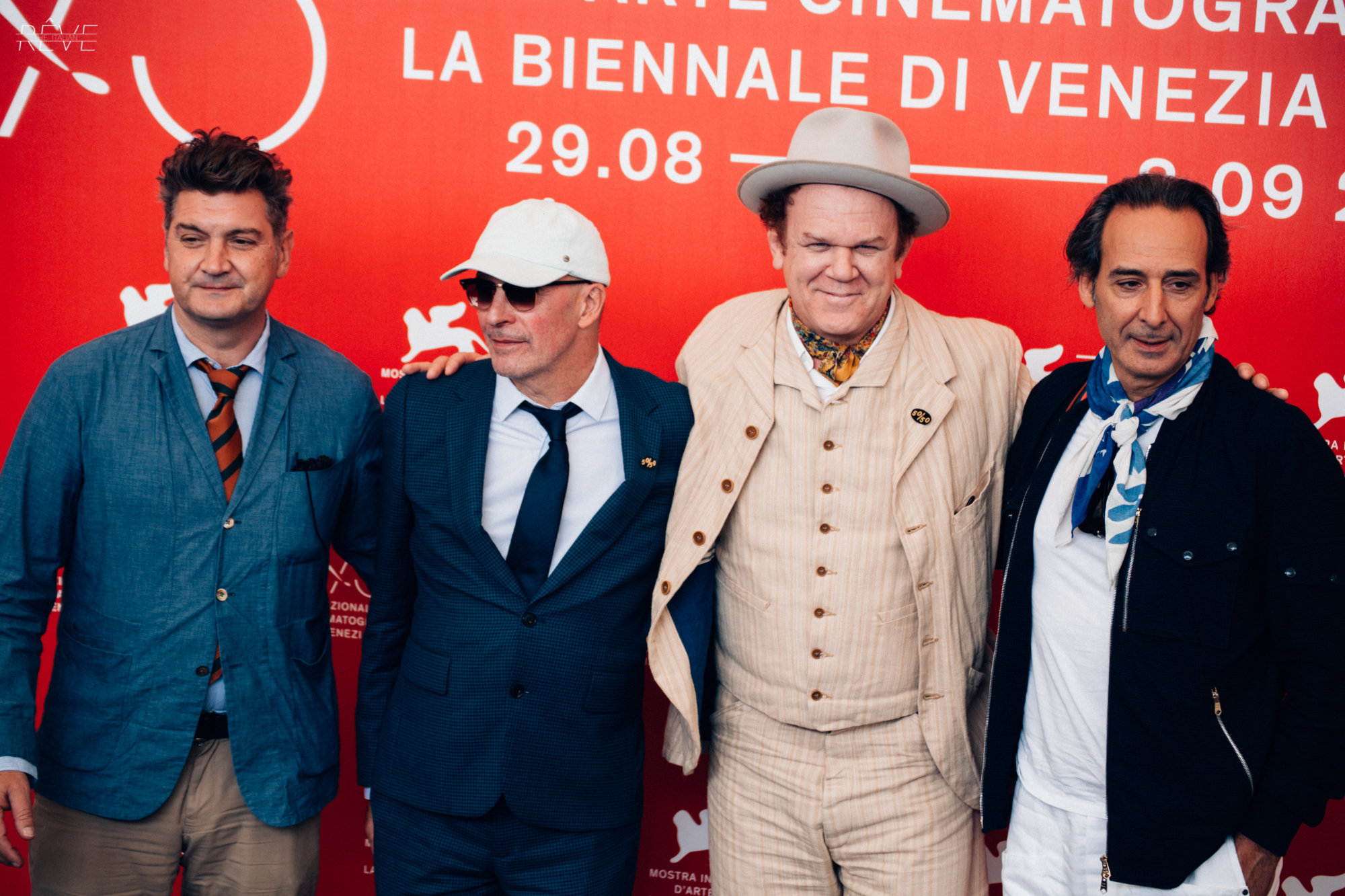
One Last Thing…
There’s a lot of love, in this movie, although it’s not plain to see (and the lack of female characters and general romantic interests doesn’t help).
But there’s indeed devotion for a woman left behind, at home, be it a mother or a lover and there’s comradery, which blooms in the times of difficulty like a majestic forest.
We definitely can talk of brotherhood, the very form of love that gives the name to the movie. Attachment not only to the job and to money, but to people who gravitate around the male protagonists.
Each of these declinations of such a complex feeling finds its place between a gunfight and a saloon brawl, dotting a very heartfelt painting on the background of the breath-taking landscapes of 1851 California, a land on the making, still wild, adventurous and free.
Out of 5 Lions (Venice Editon)


